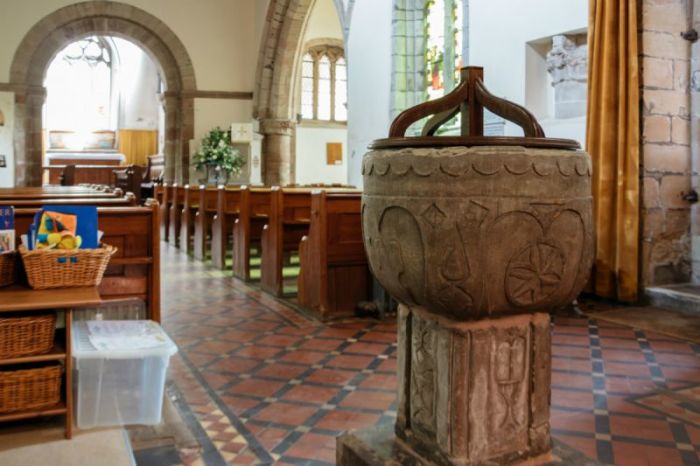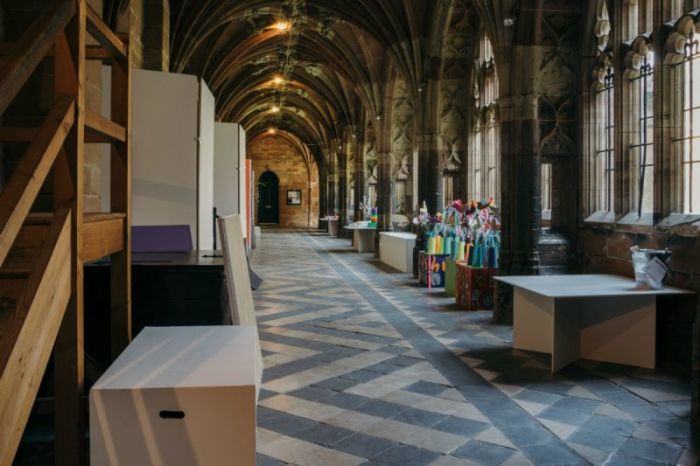On the Pilgrim Trail Across England, 400 Years After the Mayflower, Part 3

After visiting the home of the Mayflower and then discovering the towns and villages of the first Baptists and Congregationalists, I drove west across England to Worcester.
This cathedral city with its relatively modest population (102,700, as of 2017) is full of history, including the final English Civil War battle between the forces of Charles I and Oliver Cromwell in 1651. Cromwell's victory in the name of liberty drew John Adams and Thomas Jefferson to visit in 1786, though today Worcester is probably better known for Worcestershire sauce.
Worcester and the surrounding county of Worcestershire are integral parts of the Mayflower story, as the 400th anniversary of the Pilgrims departing England aboard the Mayflower approaches in 2020.
That's because Edward Winslow, one of the most prominent Pilgrims, called Worcestershire home.
Winslow, born in 1595, was baptized at St. Peter's Church, the Church of England parish church in Droitwich Spa. Then as now, Droitwich, as it is more commonly called, is a suburb of Worcester.
As one would expect, the church has been altered over the centuries, but its historical fittings and fabric date back to the Normans and include the font used to baptize Winslow.
Newer additions include a memorial plaque to Winslow on the north wall and a circa 1970s vestry that is also named after him. Of course, there is some irony in this because Winslow would later become a Separatist, as the religious dissenters who advocated a complete break from the Church of England were called.
Besides signing the Mayflower Compact and going on to have a distinguished career in New England as the colony's third governor and later its lobbyist in London, Winslow was also its chronicler — perhaps owing to his early work in London as a printer's apprentice. His writings included what is often called the first Thanksgiving, the 1621 meal shared between the Pilgrims and Indians that serves, at least in the minds of many Americans, as the historical basis for the Thanksgiving holiday celebrated every November.

Another important stop is Worcester Cathedral, a medieval masterpiece that Winslow would have known well.
More formally called the Cathedral Church of Christ and the Blessed Mary the Virgin, Winslow went to school within the cathedral precincts. And as with schoolboys before and after him, he undoubtedly would have run around the cloisters and been familiar with the 13th century tomb of King John in the cathedral's quire.
If you have the time and want to better understand both Worcester's history and life in the late 1500s and early 1600s then visit both The Commandery and the Tudor House Museum.
If you go
I stayed about 10 minutes from Worcester at Stanbrook Abbey Hotel, a former 19th century Benedictine nunnery that has been converted into an upscale hotel with 55 rooms and fine dining.
The hotel itself is a destination, as the well-known architect Edward Pugin, son of the even more famous Augustus Welby Pugin, designed the former nunnery in the style of Victorian Gothic.
Spires and Crosses, a travel column exclusive to The Christian Post, is published every week. Follow @dennislennox on Twitter.





























